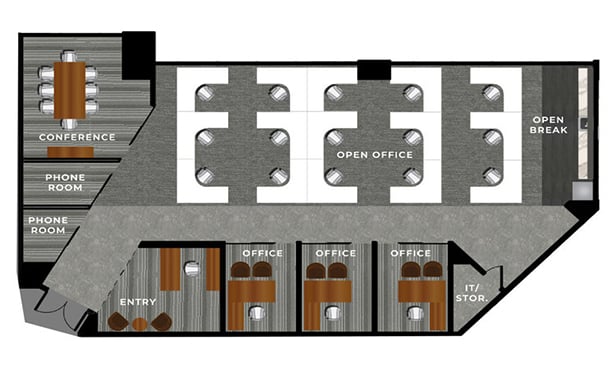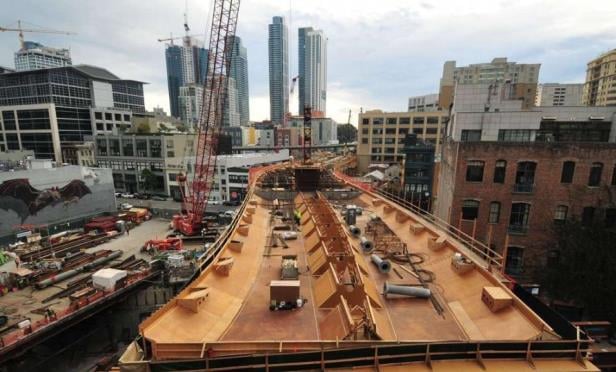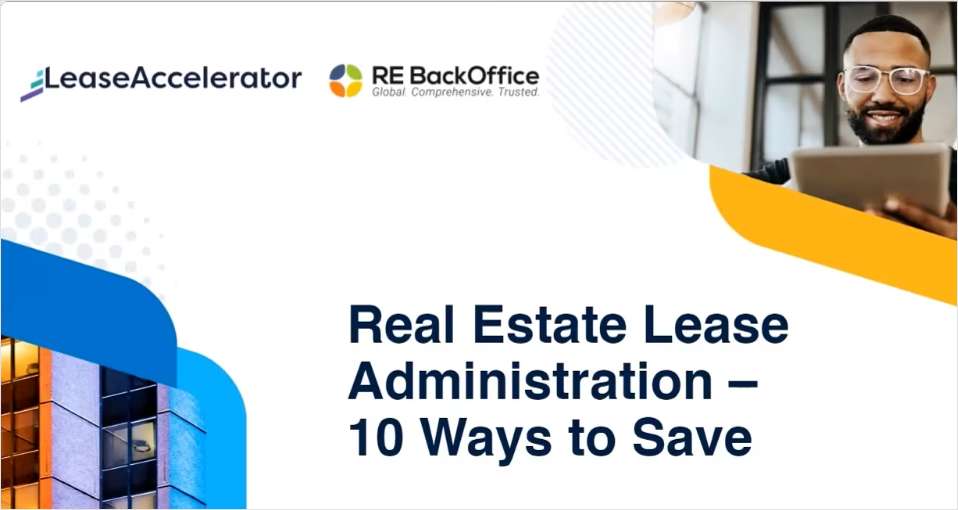DES MOINES, IA—Industrial development took off several years ago in many markets across the US, and has now started to spread to secondary ones that have seen little construction since the onset of the recession. The Opus Group, for example, has just unveiled plans for a 208,252-square-foot speculative industrial office and warehouse facility in Ankeny, a suburb of Des Moines, IA. And this building represents just the first stage of its master plan for Corporate Woods Industrial Center, a 50-acre site that can accommodate up to three buildings totaling 600,000 square feet.
“There is a lot of pent-up demand so it makes sense for us to launch this project now,” Jason Conway, director, real estate development, Opus Development Co., LLC, tells GlobeSt.com, and with a vacancy rate of just two or three percent, users currently have very few options. “As an organization we're very bullish on industrial right now especially in markets like Des Moines.”
This building will be somewhat unique for the region, he adds, as it will offer users a 32' clear height. “Up until now, most of the other developers have been doing projects with 24' clear heights.” And recently, much of that space has gone to sports-related retail users instead of more traditional bulk distribution companies.
Continue Reading for Free
Register and gain access to:
- Breaking commercial real estate news and analysis, on-site and via our newsletters and custom alerts
- Educational webcasts, white papers, and ebooks from industry thought leaders
- Critical coverage of the property casualty insurance and financial advisory markets on our other ALM sites, PropertyCasualty360 and ThinkAdvisor
Already have an account? Sign In Now
© 2024 ALM Global, LLC, All Rights Reserved. Request academic re-use from www.copyright.com. All other uses, submit a request to [email protected]. For more information visit Asset & Logo Licensing.








